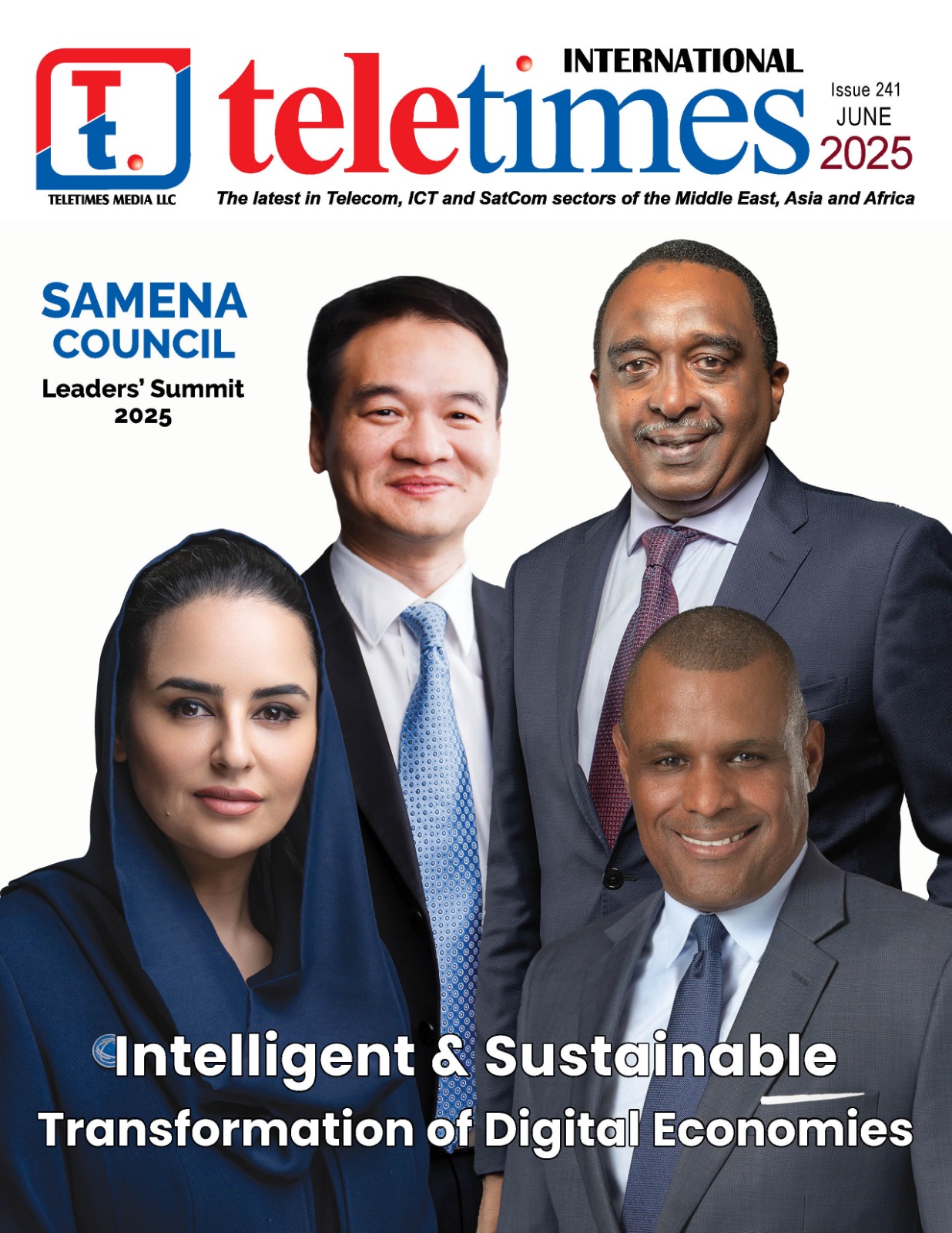Pressure in market realisation and sector-specific regulations are seen as the two main forces driving change in Middle East telecoms sector in the coming years, according to Ian Sanders, partner at research firm Pricewaterhouse Coopers (PwC). 
These trends have the power to “shift operating models” in the telecom sector, said Sanders at the recently concluded 5th TMT Finance and Investment event held in Dubai.
He said that liberalisation of the telecom sector has run its course to a large extent, particularly in countries where second and third licenses have been issued in the region. “Though we see frameworks including laws to provide sector regulations are largely in place in most of the countries in the region and a lot of capabilities are being built, there remains a gap in the actual implementation of the complex framework.” Sanders said that filling the gap can be made possible with the right regulations in place “that will increasingly determine market shares and profit margins for operators”.
“Of course, it also has to do with the political will,” he added.
“We will see this evolving as the Middle East market becomes more mature, and the governments’ appreciation on proper sector regulations rise around platforms for investment in telecom sector and service provisioning in terms of right pricing that will serve for a wider economic growth,” said Sanders. However, he said that a lot of these platforms are not there, especially in key emerging areas such as wholesale pricing. “What this means is that the previous high operating margins of telecom operators in the region will tend to drift down. I am already seeing 50-60{e1f18614b95d3cd6e4b3128e1cd15d99b042a60a5a19c19b7a8e07e7495efa10} of it gradually going down,” stated Sanders.
He also said that as markets become more mature in the region, the focus will increasingly be on operational efficiency. “This will set the pace for more investments in next generation core and access networks, both fixed and mobile, that is seen as changing the structure and figuration of the means in which telecom services are built,” Sanders added.

These trends have the power to “shift operating models” in the telecom sector, said Sanders at the recently concluded 5th TMT Finance and Investment event held in Dubai.
He said that liberalisation of the telecom sector has run its course to a large extent, particularly in countries where second and third licenses have been issued in the region. “Though we see frameworks including laws to provide sector regulations are largely in place in most of the countries in the region and a lot of capabilities are being built, there remains a gap in the actual implementation of the complex framework.” Sanders said that filling the gap can be made possible with the right regulations in place “that will increasingly determine market shares and profit margins for operators”.
“Of course, it also has to do with the political will,” he added.
“We will see this evolving as the Middle East market becomes more mature, and the governments’ appreciation on proper sector regulations rise around platforms for investment in telecom sector and service provisioning in terms of right pricing that will serve for a wider economic growth,” said Sanders. However, he said that a lot of these platforms are not there, especially in key emerging areas such as wholesale pricing. “What this means is that the previous high operating margins of telecom operators in the region will tend to drift down. I am already seeing 50-60{e1f18614b95d3cd6e4b3128e1cd15d99b042a60a5a19c19b7a8e07e7495efa10} of it gradually going down,” stated Sanders.
He also said that as markets become more mature in the region, the focus will increasingly be on operational efficiency. “This will set the pace for more investments in next generation core and access networks, both fixed and mobile, that is seen as changing the structure and figuration of the means in which telecom services are built,” Sanders added.











